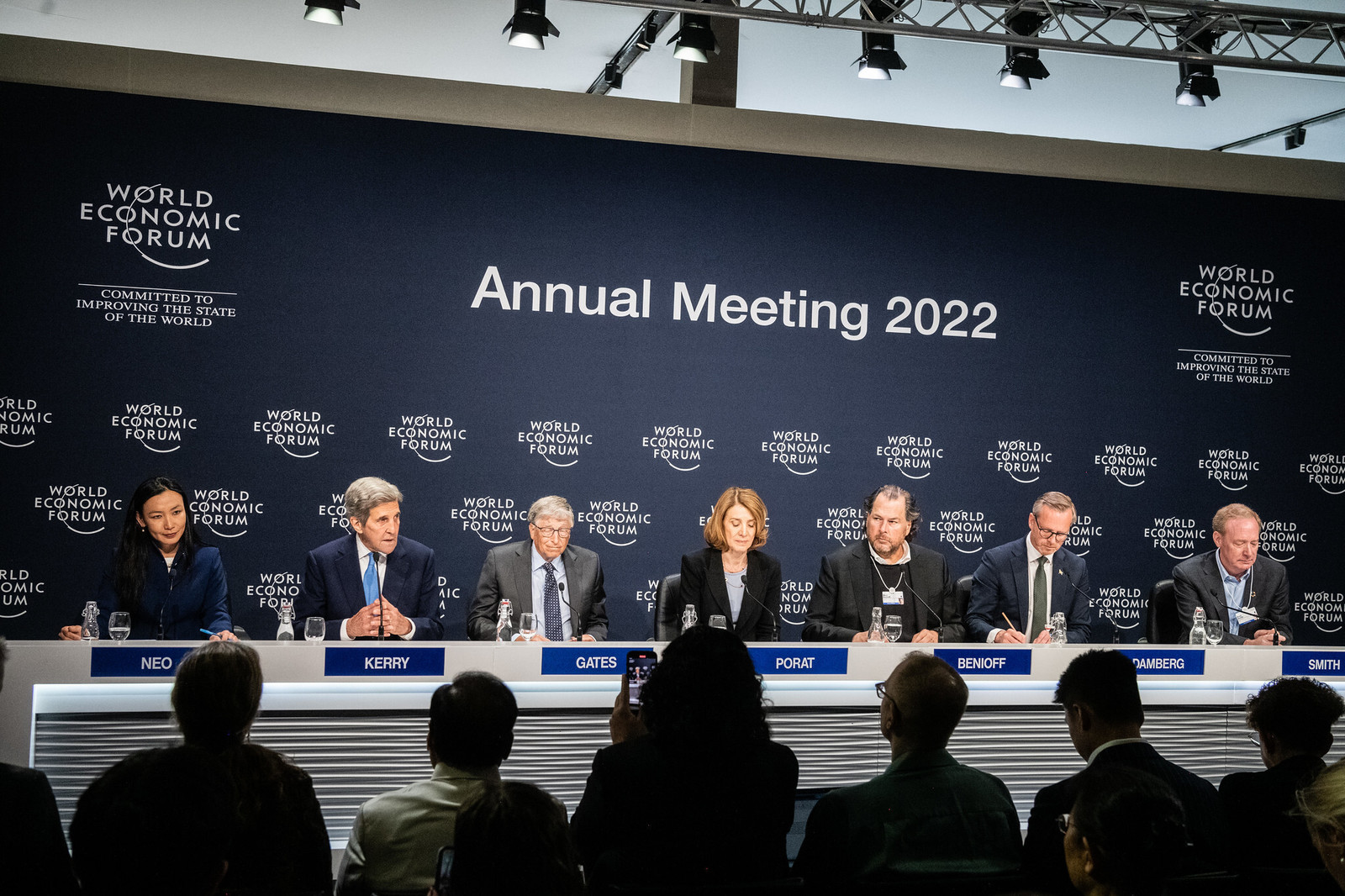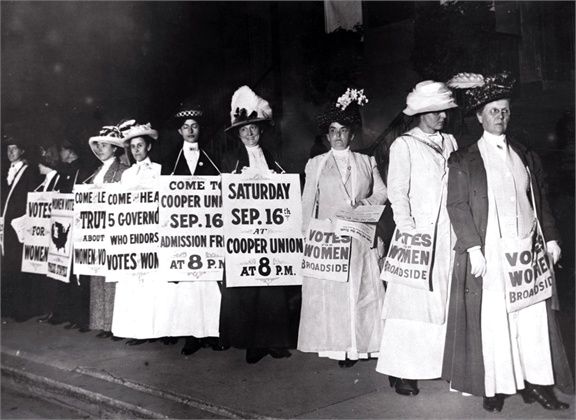By Flora Lepage, Year 11
Davos has recently hosted yet another annual meeting of the World Economic Forum (WEF), which is based in Cologny and since 1971 has aimed to “engage the foremost political, business, cultural and other leaders of society to shape global, regional and industry agendas”. The Davos conference is an opportunity for over 2,500 delegates from many different sectors to converge for meetings and talks to try to address urgent global issues. This year’s meeting had the theme of “rebuilding trust” in a world of rapid transformation. Representatives from over 100 governments from around the world, major international organisations, nearly 1,000 companies, as well as social entrepreneurs, media, and activist leaders, met in official and non-official events to engage in discussions and, hopefully, drive impact.
Those who get the most media attention are the famous names. This year saw Antonio Guterres, head of the UN, Sam Altman, founder of OpenAI, Emmanuel Macron, President of France, John Kerry and many more give speeches and be widely quoted in the press. Seeing the amount of attention these participants receive from attending forums such as this one makes one wonder whether these forums are truly intended to help our world or to simply increase people’s fame and benefit their images?
It is easy to doubt when one sees the many participants fly in on private jets to COP, or when the streets of Davos are overtaken by limousines. This has been greatly criticised as the public begins to question how the action taken during the forums will help our environment if even the decision-makers are not following such rules. How can the citizens of the world truly trust these forums when the people attending are not affected by the decisions made and simply live in a separate dimension?
Although it is clear that these global conferences do not perfectly represent the people whose issues they aim to solve and mainly consist of people who are not affected by the issues at hand, it remains crucial to have these conferences. Without the conferences there would be little to no awareness of such issues within the “elite” communities.
Even if global conferences seem to engender a significant waste of resources, and provide great networking opportunities for a select few, they are important forums for people to discuss and discover different world views. Without forums for opposing camps to engage in meaningful dialogue with each other, it would be even more difficult to achieve solutions to our global problems and to rebuild trust between opposing worldviews.



